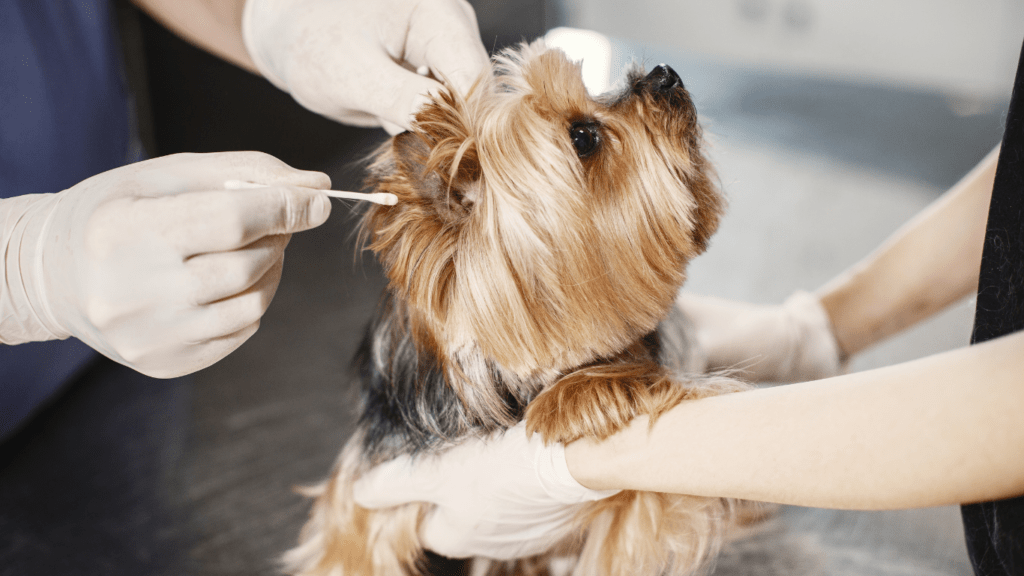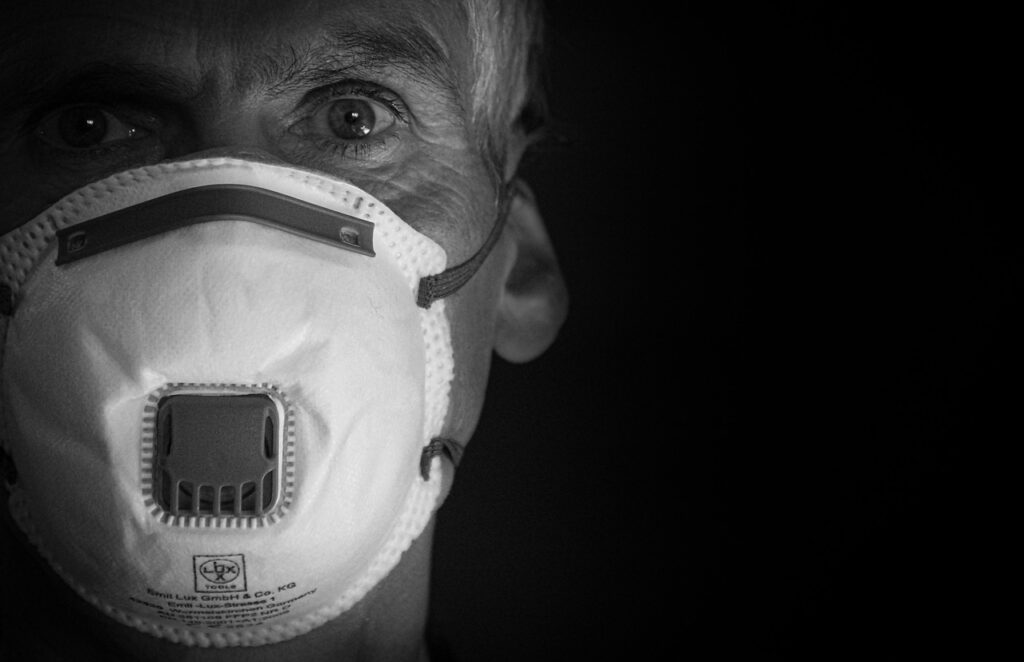Understanding Preventative Care
Preventative care focuses on measures that prevent illness in pets. These measures include vaccinations, routine check-ups, parasite control, dental care, and proper nutrition.
Routine Check-Ups
Regular vet visits help detect health issues early. Pets need annual check-ups to monitor their vital statistics, such as weight and heart rate. Blood tests and physical exams can reveal underlying conditions.
Vaccinations
Vaccines protect pets from diseases. Core vaccines for dogs include rabies, distemper, and parvovirus. Cats benefit from vaccines like rabies, feline distemper, and feline herpesvirus.
Parasite Control
Parasites like fleas, ticks, and worms pose serious health risks. Monthly treatments prevent infestations. Use products recommended by vets for effective control.
Dental Care
Oral health affects overall well-being. Brush pets’ teeth daily with pet-safe toothpaste. Schedule professional cleanings annually.
Proper Nutrition
Balanced diets contribute to long life. Feed pets high-quality food suited to their age, size, and health conditions. Avoid overfeeding to prevent obesity.
Benefits of Preventative Care
Preventative care contributes significantly to a pet’s overall health. It aids in early disease detection and improves quality of life.
Early Detection of Diseases
Regular preventative care helps catch diseases early. Symptoms of conditions like diabetes, kidney disease, and heart disease can be identified through routine tests. Early detection allows for more effective treatments, potentially saving pet lives. During check-ups, vets conduct blood tests, urinalysis, and physical exams. These tests provide critical insights into your pet’s health. When diseases are caught early, treatment costs are often lower.
Improved Quality of Life
Preventative care significantly enhances a pet’s quality of life. Regular vet visits, vaccinations, and parasite control keep pets healthier. For example, pets that receive yearly dental cleanings suffer fewer oral health issues. Preventative care also includes tailored nutrition plans. Balanced diets formulated by vets help maintain an ideal weight, reducing the risk of obesity-related conditions. Active monitoring and early interventions extend pets’ lifespans and ensure they live healthier, happier lives.
Essential Preventative Care Practices
Effective preventative care is critical for maintaining pet health, ensuring early disease detection, and improving overall quality of life.
Regular Veterinary Check-Ups
Regular veterinary check-ups are essential. These visits facilitate early detection of potential health issues such as diabetes, kidney disease, and heart disease. During these check-ups, vets monitor vital statistics, perform blood tests, and conduct physical exams. I strongly recommend scheduling these visits at least once a year. Regular vet visits help track changes in a pet’s health over time, making treatments more effective and often less costly.
Vaccinations and Parasite Control
Vaccinations and parasite control significantly contribute to a pet’s longevity. Essential vaccines include rabies, distemper, and parvovirus for dogs, as well as rabies, feline distemper, and feline herpesvirus for cats. Vaccines prevent serious diseases, reducing long-term health risks.
Parasite control is equally important. Fleas, ticks, and worms can cause severe health issues. I suggest regular treatments to prevent infestations. For instance, monthly flea and tick preventatives and annual deworming play crucial roles in protecting a pet’s health. Preventative measures like these ensure pets remain healthy, happy, and free from discomfort caused by parasites.
Nutrition and Exercise
Ensuring a pet’s health includes providing proper nutrition and regular exercise. Both elements are crucial in maintaining overall well-being.
Balanced Diet
A balanced diet supplies all necessary nutrients in the right proportions. It’s essential to select high-quality pet food that meets AAFCO (Association of American Feed Control Officials) standards. For example, dogs benefit from proteins like chicken or beef, carbohydrates such as sweet potatoes, fats from fish oil, vitamins, and minerals. Cats need a diet rich in animal proteins like fish or poultry and amino acids like taurine. Avoid feeding pets human food, which often contains harmful ingredients.
Importance of Physical Activity
Regular physical activity maintains a pet’s physical and mental health. Dogs thrive on daily walks, runs, and interactive play, which help maintain their muscle tone and prevent obesity. Cats require stimulation through toys like laser pointers or feather wands to promote agility and reduce stress. Boredom can lead to destructive behavior or weight gain. Engaging pets in consistent exercise routines enhances their quality of life and longevity.
Common Preventative Care Misconceptions
Pet owners often misunderstand preventative care, leading to ineffective or harmful practices.
Overuse of Supplements
Many believe supplements enhance pet health. Too many vitamins or minerals can cause imbalances. For instance, excessive calcium may lead to skeletal problems in dogs. Healthy pets, receiving well-balanced diets, usually don’t require additional supplements. Consult a vet before adding any.
Misinterpretation of Symptoms
Pet owners sometimes misinterpret symptoms, delaying care. Lethargy, often considered normal aging, could indicate an underlying condition. Vomiting, sometimes seen as minor, might signal a severe issue like kidney disease. If symptoms appear, seek veterinary advice promptly to ensure proper diagnosis and treatment.
Vet Tips for Effective Preventative Care

It’s crucial to integrate actionable vet tips into your pet’s daily routine to enhance preventative care. Here are some key strategies:
Creating a Care Schedule
Establish a regular care schedule to streamline preventative care. This schedule should include:
- Vaccinations: Administer vaccines as recommended by your vet, typically at set intervals.
- Routine Check-ups: Schedule bi-annual or annual vet visits to monitor vital statistics and overall health.
- Parasite Control: Implement a consistent parasite prevention plan, including flea, tick, and heartworm medications.
Monitoring Behavioral Changes
Track behavioral changes to catch health issues early. Key behaviors to monitor include:
- Eating Habits: Note changes in appetite or eating speed, which could signal underlying problems.
- Activity Levels: Observe any variations in energy or playfulness, indicating potential health concerns.
- Bathroom Habits: Keep an eye on urination and defecation patterns for signs of digestive or urinary issues.
Incorporating these tips strengthens preventative care and promotes a healthier, happier pet.



 Pet Travel & Safety Consultant
Jimmy Dixoneser is the go-to expert on pet travel and safety at Pet Paw Shack. He provides valuable guidance on how to ensure pets are safe, comfortable, and stress-free when traveling. From creating checklists for pet-friendly vacations to advising on the best travel gear, Jimmy’s expertise helps pet owners confidently navigate adventures with their pets, whether on the road or in the air.
Pet Travel & Safety Consultant
Jimmy Dixoneser is the go-to expert on pet travel and safety at Pet Paw Shack. He provides valuable guidance on how to ensure pets are safe, comfortable, and stress-free when traveling. From creating checklists for pet-friendly vacations to advising on the best travel gear, Jimmy’s expertise helps pet owners confidently navigate adventures with their pets, whether on the road or in the air.
